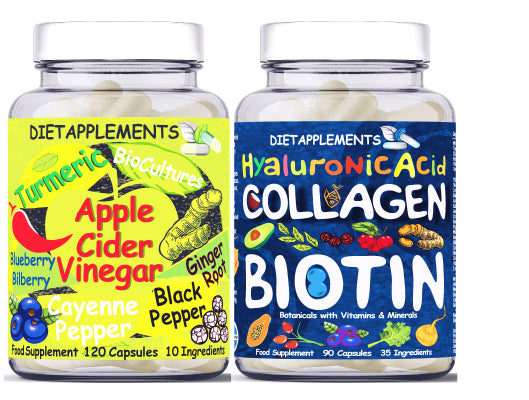Click here to explore our formulas with Vitamin B1
Vitamin B1 (Thiamine) is a water-soluble vitamin that is part of the B-vitamin complex. Thiamine plays a crucial role in energy metabolism and is essential for the proper functioning of the nervous system.
Key functions of vitamin B1 include:
-
Energy Metabolism: Thiamine is a coenzyme that participates in the metabolism of carbohydrates, helping to convert glucose into energy. It plays a critical role in the synthesis of adenosine triphosphate (ATP), the primary energy currency of cells.
-
Nervous System Function: Thiamine is important for the normal functioning of the nervous system. It is involved in the transmission of nerve impulses and supports the health of nerve cells.
-
Synthesis of Neurotransmitters: Thiamine is involved in the synthesis of acetylcholine, a neurotransmitter that plays a role in muscle contraction and various other nervous system functions.
-
Maintenance of Cardiovascular Health: Thiamine is important for maintaining the health of the cardiovascular system. It helps regulate the contraction of heart muscles and supports normal blood flow.
-
Antioxidant Effects: Thiamine has antioxidant properties, which means it can help neutralize harmful free radicals in the body.
Dietary sources of vitamin B1 include:
-
Whole grains (such as brown rice, wheat germ, and whole wheat)
-
Legumes (such as lentils and black beans)
-
Nuts and seeds
-
Pork
-
Fish
-
Fortified cereals
















